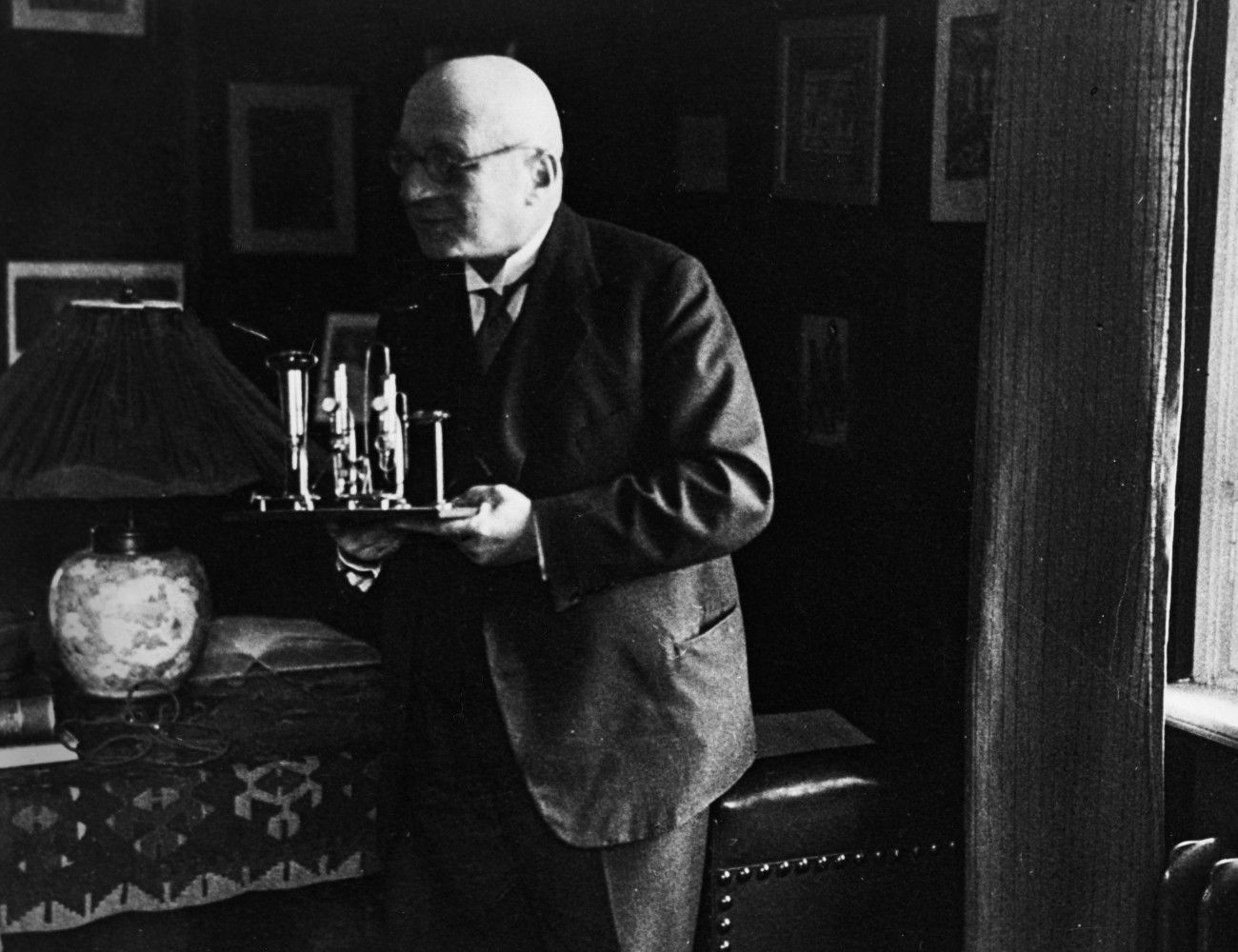Lezing | Fritz Haber: The Scientist who fed the World and poisoned the Enemy
| Veranstaltung des Duitsland Instituut Amsterdam |
|
|---|---|
| Datum: | Donnerstag 14 März 2024 um 20:00 Uhr |
| Ort: | SPUI25, Spui 25-27, Amsterdam |
| Information: | Voertaal: Engels. Aanmelden via SPUI25 |
| Zugang: | Gratis |
Bijna geen enkele biografie weerspiegelt de tegenstrijdigheden van de vroege 20e eeuw zo dramatisch als die van Fritz Haber. De chemicus kreeg de Nobelprijs voor een baanbrekende uitvinding: kunstmest. Maar hij introduceerde ook gifgas als wapen in de Eerste Wereldoorlog. Stefan Wolff spreekt op 14 maart in SPUI25 (Amsterdam) over zijn onderzoek naar Haber en de daarmee samenhangende vragen over de sociale verantwoordelijkheid van wetenschap. Moderatie: Mario Daniels (DIA)
Hardly any other biography reflects the contradictions of the first third of the 20th century, as dramatically as that of Fritz Haber. Linked to this are the questions of the social responsibility of science and the influence of politics on it. Haber became a "perpetrator”, but also a victim.
As professor for chemistry at TH Karlsruhe he succeeded in synthesising ammonia, which made artificial fertilisation possible, the “production of bread from air” in 1909. As the founding director, from 1914 on he put the Kaiser-Wilhelm-Institute for Chemistry and Electrochemistry entirely at the service of war research. This led to the development of explosives and poison gases, which were used for the first time at Ypres on 22 April 1915.
His wife committed suicide, giving rise to the legend that this was a protest against her husband's work. Wanted as a war criminal, he briefly fled to Switzerland after the war. In 1919, he was retroactively awarded the Nobel Prize for Chemistry for 1918.
The rise of National Socialism brought new concerns. Following the dismissals of Jewish scientists ordered by the Nazi regime, he resigned from his post in protest. He was managing to emigrate to England and wanted to help build up science in Palestine, but died on January 30, 1934 during a stopover in Basel.
About the speaker
Dr Stefan Wolff is a Senior Researcher at the Research Institute for the History of Technology and Science at the Deutsches Museum in Munich. His research focuses on the history of physics in the 19th and 20th centuries. Wolff studied physics and gained his doctorate in the history of science. He is currently doing research on the history of the Deutsche Physikalische Gesellschaft during National Socialism; is writing a series of short biographies of murdered members of the German Physical Society and is organizing memorial plaques for them. Furthermore, he is preparing a biography of Arnold Berliner, former editor of the scientific magazine Naturwissenschaften and one of the victims of the NS-state.
DIA in cooperation with the German Embassy The Hague and SPUI25.

